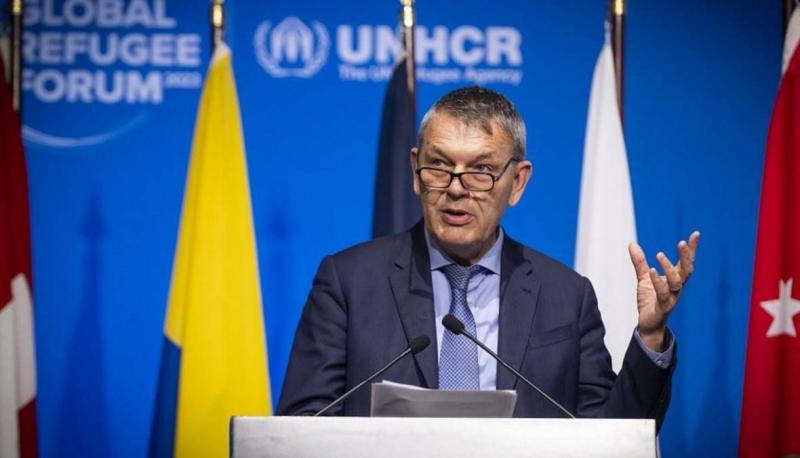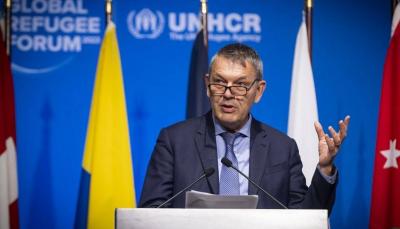Philippe Lazzarini, the Commissioner-General of the United Nations Relief and Works Agency for Palestine Refugees in the Near East (UNRWA), condemned Switzerland's decision to cut aid at a time when the Gaza Strip is facing what the United Nations describes as a catastrophic humanitarian crisis. Speaking at the Global Refugee Forum in Geneva on Wednesday, Lazzarini expressed regret over the "severe funding shortfall" affecting the agency just a day after voicing his disappointment regarding Switzerland's move.
"Despite our successes, UNRWA is suffering from a severe funding shortfall that impacts the quality of our services," he said. Without specifically mentioning the Swiss decision, he noted, "Support for refugee rights is not solely the responsibility of humanitarian and developmental entities, but it is a shared responsibility among donors and host countries."
The Swiss National Council, the lower house of parliament, voted to halt the country’s annual contribution of 20 million Swiss francs (22.83 million dollars) to UNRWA by a majority of 116 votes to 78 on Monday. The initiative's backer, who was part of a parliamentary delegation that visited UNRWA earlier this year, stated that the agency lacks objectivity. The Senate is set to assess the decision on Thursday, and both houses must approve the decision for it to take effect.
Lazzarini wrote on the X platform on Tuesday, "As a leading state in international humanitarian law, I am disappointed by this decision to cut aid from the largest and most active humanitarian agency on the ground in Gaza today." He stated that the agency's ability to operate in the Palestinian sector is on the brink of collapse, and he expressed his belief last month that there is a deliberate attempt to suffocate UNRWA's operations.
UNRWA, established in 1949 after the first war between Israel and Arab states, provides services such as education, primary health care, and humanitarian assistance in Gaza, the West Bank, Jordan, Syria, and Lebanon.




